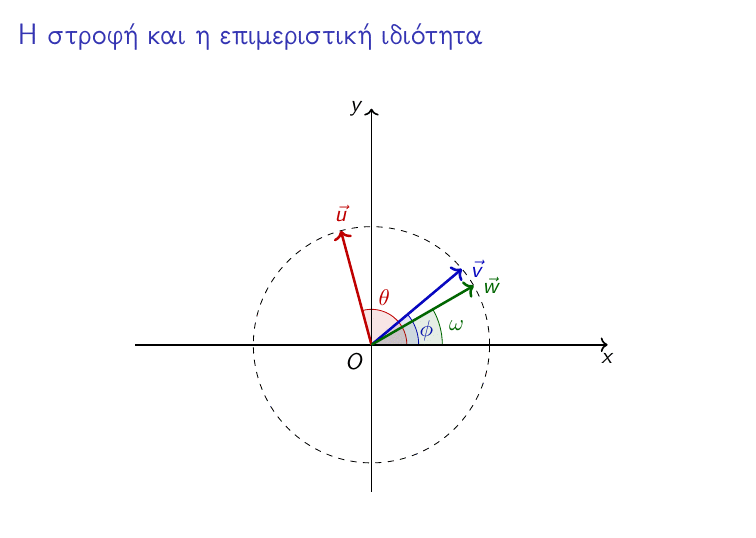In Korea, basically every teaching material for 10th grade math(about the level of precalculus) contains this kind of exercises in their first treatment of complex numbers:
Evaluate $f(x)=4x^4-8x^3+3x^2+10$ at $x= \frac{3+\sqrt2 i}{2}$.
The standard answer goes like this: $x$ is a zero of the real polynomial $g(x)=4x^2-12x+1$, and dividing $f(x)$ by $g(x)$ we get $f(x)=g(x)(x^2+x+1)+x-1$. Plug in $x= \frac{3+\sqrt2 i}{2}$ and we get $\frac{1+\sqrt2 i}{2}$.
I have three reasons against having students at the level solve this type of problem. I would like to see what the community has to say about it.
- It is more like an algebraic gymnastics than a useful tool for future learning. I don't see the students making use of this in any setting of math learning before they get into undergraduate level courses like Complex Analysis, and even then it won't be too late to pick up this kind of trick.
- Going back and forth between (mostly rational) real coefficient polynomials and their complex values can blur students' vision of functional domains and codomains when they have absolutely no idea about complex functions.
- Appropriating polynomial division to that end can mislead students to think of polynomials as something to break down to get to numerical 'answer', rather than mathematical objects on their own with proper operations.
I would like to add something about field extension, about how arbitrarily plugging in complex numbers to real(rational) polynomials could deter students' understanding later on, but that's probably too much when thinking about school math curriculum.
So, what do you think? Is it OK to keep this type of exercise in Precalculus level textbooks?
